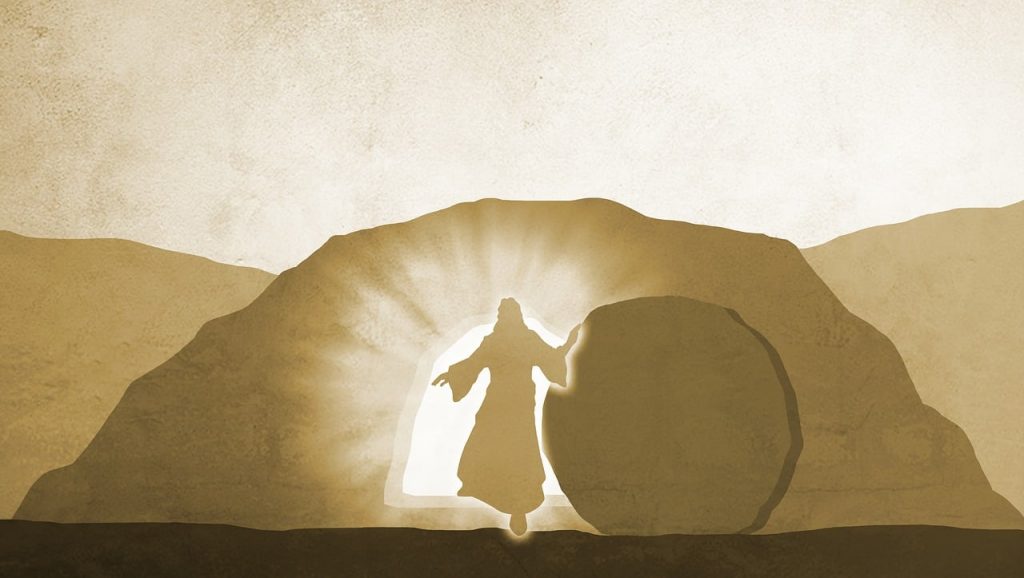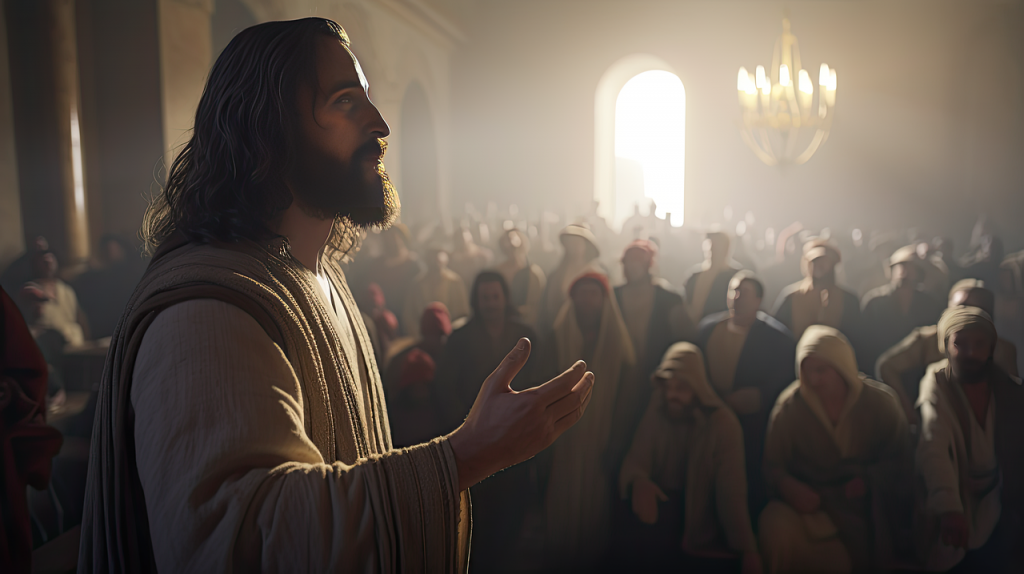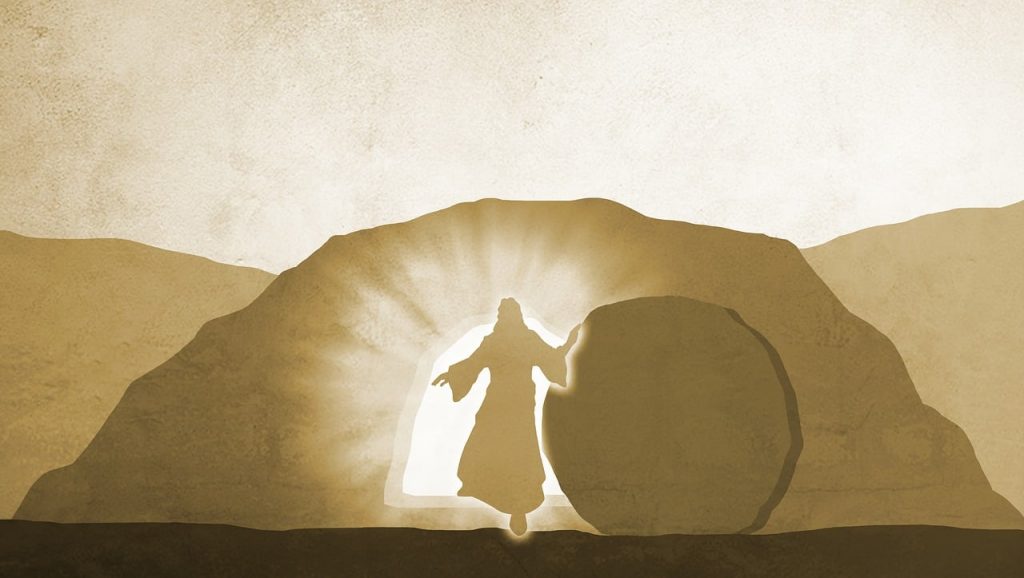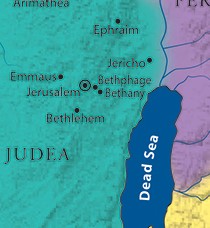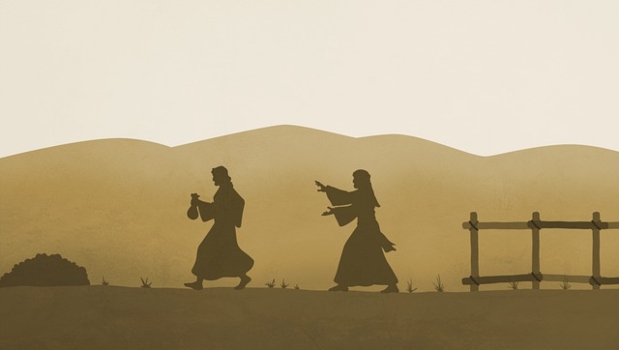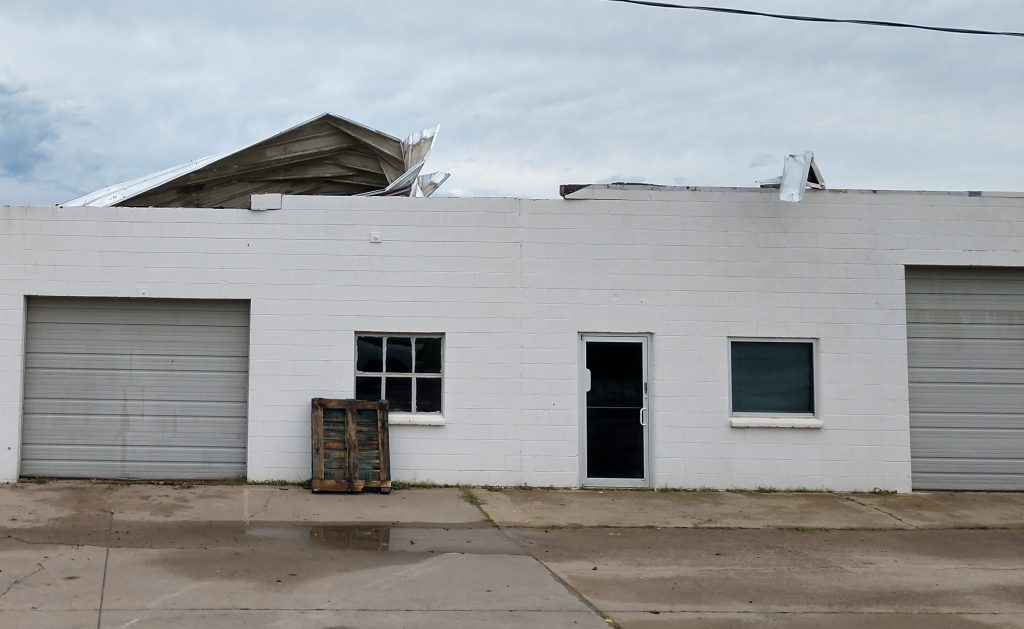How We Do it is Just as Important as Doing it
Being bold can be perceived as being pushy and overbearing…like being a bully. I think this is why many of us are scared to say what we think. In reality, these two things are quite different. A bully is someone who seeks to intimidate or coerce someone else into their way of thinking.
Boldness is not the same as being a bully.
Boldness is not hesitating or being afraid when facing our fears. It’s about being clear about what we believe and being willing to stand up for those beliefs.

What we believe individually is different. This is where the whole thing can get kind of tricky.
Pastor Lisa shared a story of being in a doctor’s office waiting room last week. When she went in, there was already a woman sitting there, so Lisa sat down with a chair between them. Then another woman came in and sat in the chair next to Lisa on the other side.
This wasn’t a problem, but Lisa thought it odd that she sat down next to her when there were other empty chairs.
Then Lisa got a magazine and lady number three asked Lisa to get one for her too. So, Lisa picked one out, hoping it was one she would like. Then the lady started talking about what she was going to have for lunch.
Later Pastor Lisa was talking with her daughter about her interaction with the lady in the waiting room. Her daughter said, “I’m never like that. I just don’t talk to other people in the waiting room. I’m just not that bold.”
This got her thinking about Peter’s increasing boldness that we’ve been seeing as we move forward into the first part of Acts. (Acts 1-4)
At the end of each year, Lisa picks a word to focus on for the upcoming year. This topic of boldness reminded her of her word for last year…moxie. Moxie is having a courageous spirit and determination. Or as Lisa explained it…
Moxie is boldness with a little bit of sass.

I found it interesting that Moxy is the name of our dog. I think boldness with a little bit of sass describes her to a tee. This is exactly why she is named Moxy. Sometimes, in her aggressiveness to get to a varmint, she will tear bark from trees or metal siding from trailers. This is taking boldness a little too far.
Some people are naturally shy, and this makes boldness hard for them. But boldness is about facing our fears. Remember that we can change if we choose to.
Boldness is a choice.
Let’s look at Peter’s boldness and how he got to where he is in in Acts.
Remember back in Luke 22:49-50 when Peter in his boldness cut off the ear of a servant of the high priest. This sounds a little like our dog.
Then shortly after that, in his fear he went the other way and lost his boldness in Luke 22:54-62 when he denied Jesus three times.
This brings us to Peter’s increasing boldness in the first part of Acts. In chapter 3 verses 5-10 Peter and John heal a man in front of the temple. Then in verses 11-24 they are boldly speaking in front of a crowd in the temple. In chapter 4 verses 1-22 they are brought before the council. Next, Peter prays for courage in verses 23-31. We may be bold and do and say things before thinking like Peter did when he cut off the servant’s ear. Or maybe we’re shy and scared to speak up about what we believe like Peter when he denied Jesus. Either way…like Peter, with the Holy Spirt, we can be bold and speak the Biblical truth.
Live in boldness with a little bit of moxie!




